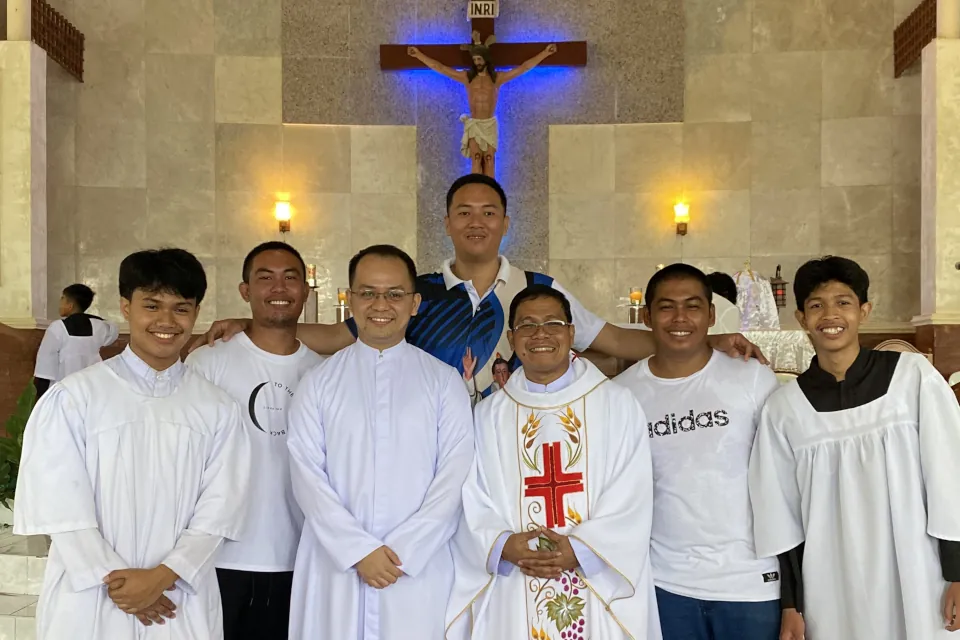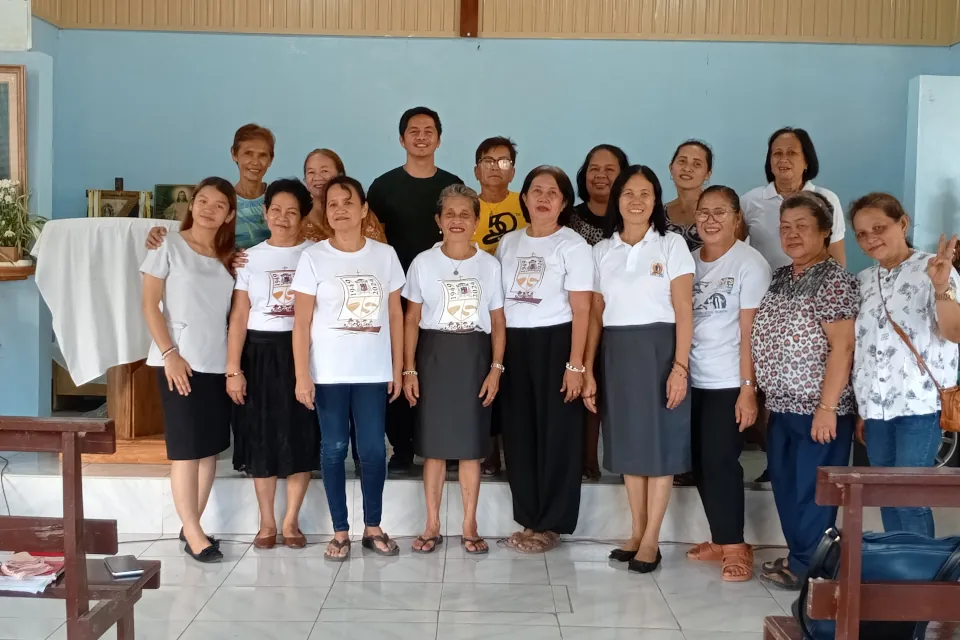An Experience of a Church Alive in the GKK
Seminarians from Holy Apostles Senior Seminary share their life-changing experiences with the Gaymay’ng Kristohanong Katilingban (GKK) in Immaculate Conception Parish in Mintal and Sto. Nino Parish in Kaputian, Samal through a deep spiritual immersion tour.
Immaculate Conception Parish, Mintal, Davao City
Seminarian Niñonel Setosta recounts his transformative engagement with the GKK’s history and customs. Inspired by a priest’s dedication during the Paschal Triduum in Mintal, Setosta highlights the priest’s commitment to catechizing the servers and the power of immersion in the lives of the faithful. “Being with them—sweating, laughing, praying—embodies a living church,” he asserts, stressing the significance of encountering Christ in everyday interactions and simplicity.
Sto. Niño Parish, Kaputian IGaCoS, Davao Del Norte
Seminarian Arjay A. Ligamzon, anticipating a difficult experience, instead found himself enchanted by the wonderful shores of the Island Garden City of Samal. Amidst its natural splendor. Ligamzon was struck by the humble lives of its people. Despite varied occupations, they gathered in unity for worship through the Kasaulugan sa Pulong (KSP) every Sunday.
Ligamzon praises the GKK as a fantastic community “a new way of being church, “fostering fellowship, solidarity, and stewardship. He acknowledges its role in nurturing a responsive, participatory, and attentive church, enriching its mission of communion and engagement.
Reflecting on his time in Samal, Ligamzon concludes, “This island isn’t merely a tourist spot but a living testament to God’s wonders”.
Both seminarians’ express gratitude for their immersion in GKK communities, emphasizing the transformative power of faith, service, and community. They carry forth lessons of humility, dedication, and recognizing God’s presence in ordinary lives.
Their insights offer a compelling glimpse into the vibrant life of GKK communities and their big influence on what will happen in the Church later.
Their reflections invite further exploration into the transformative nature of these communities and their significant role within the Church.
Thank you Brothers!
(Reflections by Sem. Niñonel Setosta and Sem. Arjay A. Ligamzon)




No Comments